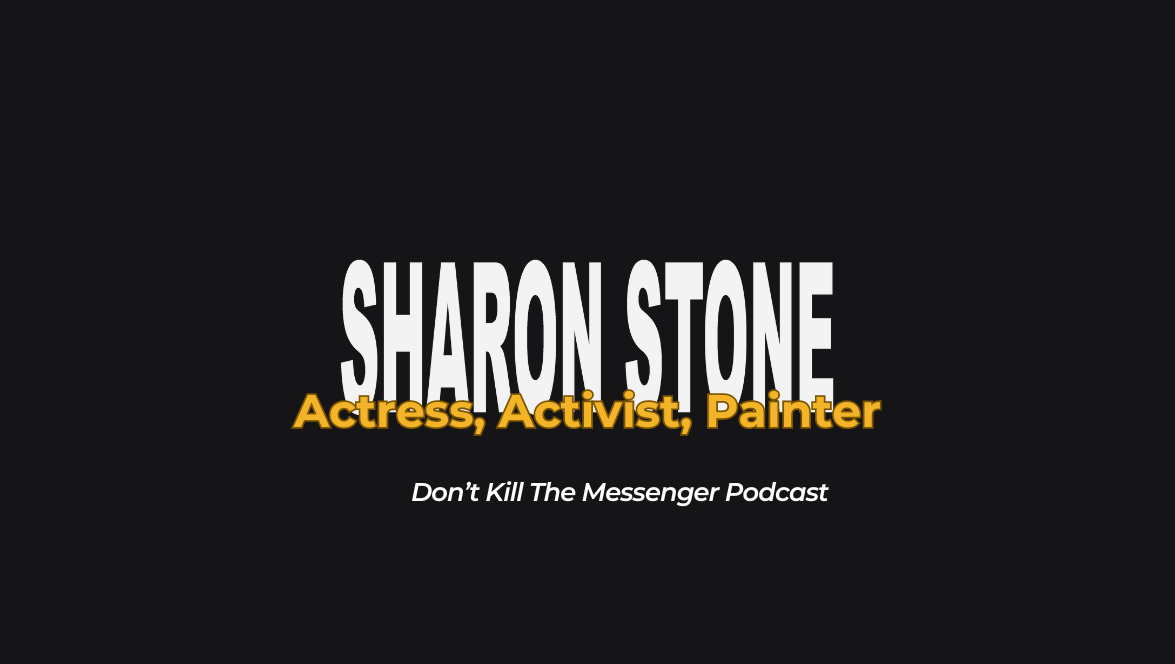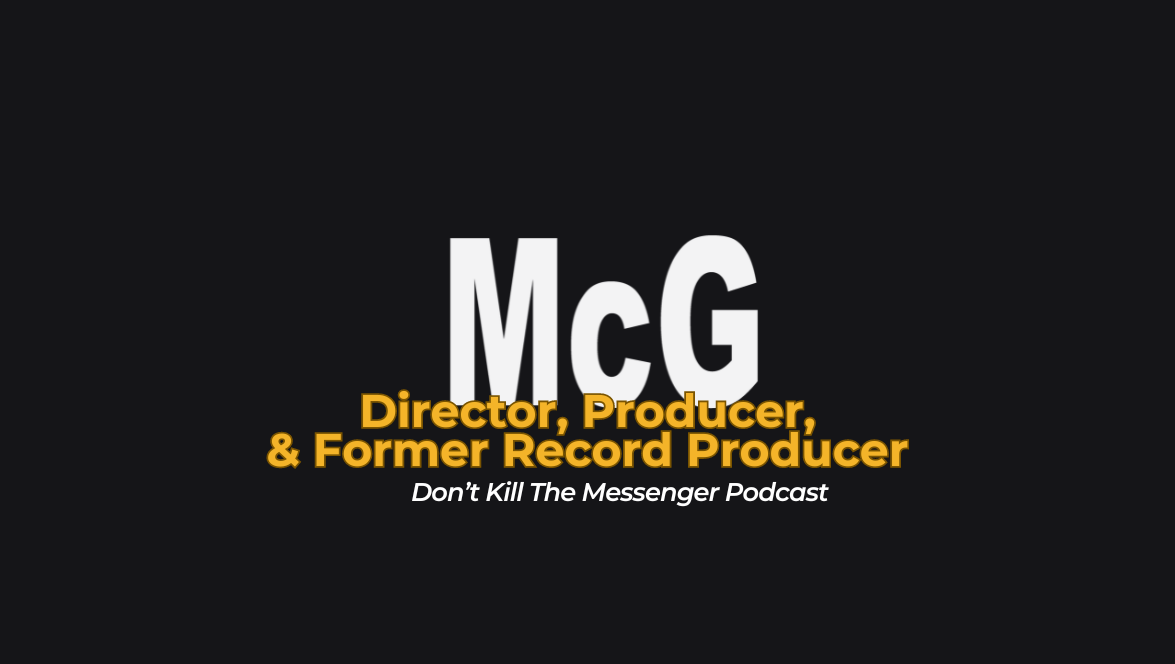Veteran Hollywood executive Nicole Brown recently joined the podcast “Don’t Kill the Messenger” for an illuminating discussion about the art and business of filmmaking. As President of TriStar Pictures, Brown provided invaluable insider perspectives on what captivates audiences and brings compelling stories to life on the big screen.
Tracing her early acting jobs to producing and executive roles, Brown imparts thoughtful wisdom on creative collaboration, test screenings, and keeping audiences engaged. She shares insights on balancing bold artistic visions with commercial success, studio involvement, and the importance of innovation. From her experiences shepherding films like The Woman King, Baby Driver, and A Beautiful Day in the Neighborhood, Brown offers revelations on what goes into crafting compelling films. She also has advice for emerging talent looking to push the industry forward.
Early Life and Career
Brown describes getting bitten by the acting bug as a child growing up in Culver City, California. She began booking commercials and roles in shows she watched on TV. She reflects on how quickly acting went from an extracurricular activity to a central part of her young life.
Transition to Producing
When Brown attended Columbia University, she began realizing that she derived more joy from facilitating creative projects behind the scenes than being on camera. She produced a controversial student play, handpicking the script and director to draw a big audience. Brown knew she found her calling when she watched happily from the wings on opening night.
Internship with Marc Platt
After college, Brown landed a career-changing summer internship with powerhouse producer Marc Platt. She sat in on his meetings at a major studio and soaked up his openness to ideas from anyone. Platt cultivated Brown’s confidence to speak up and contribute, despite her junior role. She credits him with teaching her the importance of listening well and empowering bold ideas from others.
On Marc Platt:
“And what he taught me was a good idea can come from anywhere and it didn’t matter who you are or how young or how old, trust that voice. And he was so confident in himself in his body of work that he welcomed anybody shouting out an idea.”
Insights on Studio-Filmmaker Collaboration
Brown stresses that every film requires a different type of creative dance between the studio and the director. She notes that the studio’s level of involvement often depends on the director’s proven track record and the film’s genre.
On crafting films that resonate emotionally:
“Our job at the end of the day, as storytellers, no matter what our specific role is in the process, is to build a machine that makes you feel. That is our job. To build a canvas that makes you feel.”
The Origin Story of The Woman King
Brown traces how the idea for The Woman King originated when Viola Davis approached her eager to play a fierce African general leading an elite female army. After reading the first draft by Dana Stevens, Brown knew she had to make the movie happen despite recognizing the challenges of its ambitious scope and subject matter. Brown tapped director Gina Prince-Bythewood, who had an instant emotional connection to the material. Her passion for realizing this untold story translated into creating powerful onscreen magic.
Elements of Successful Theatrical Films in a Changing Landscape
According to Brown, theatrical movies now need an extra magnetism to compel people off their couches. She looks for dynamic ideas that feel fresh, along with incredible execution. Brown believes today’s films require a sense of spectacle, urgency, and relevance that makes audiences eager to experience them immediately on the big screen. She gravitates toward passion projects that directors feel destined to make.
The Power of Test Screenings
Brown values seeing real audiences experience a film during test screenings. Beyond just the questionnaire data, she learns a great deal from the crowd’s audible reactions and body language.
Advice to Emerging Talent
Brown urges the next generation to fully immerse themselves in cinematic history and all forms of storytelling. But she also challenges them to then throw out the rulebook and bring completely new, bold ideas to revolutionize filmmaking. Brown argues that real innovation is required to keep movies vibrant and audiences engaged.
I would first tell them to watch everything, to read as many scripts, and to know your story history, because the deeper you’re entrenched in the stories that have come before, the better, and I think higher quality, the films we can make in the future will be. But once you’ve done the work and you’re ready, I think the other thing is to be bold and to not do things the way I’ve done it, the way you’ve done it, the way anybody tells you it needs to be done. But we must innovate in order to keep theatrical alive and in order to make stories fresh and exciting and to make people pay attention, we have to keep making it a new experience. And I think I’m excited for the next generation to show me stories and to tell, to create films and television that I’ve never seen before.
— Nicole Brown
Nicole Brown’s interview offers rare insights from the perspective of a leading Hollywood tastemaker. Her thoughtful reflections reveal the care, nuance, and magic that goes into successfully crafting compelling films. For anyone fascinated by movies and the power of storytelling, this is a podcast that is packed with insight from a top Hollywood executive.
Don’t Kill the Messenger, hosted by movie and entertainment research expert Kevin Goetz, brings his book Audienceology to life. This bi-monthly podcast takes a peek behind the filmmaking curtain as Kevin talks with famous filmmakers, studio executives, stars, and other creatives about movies, filmmaking, audience test screenings, and much more.
For more information about Nicole Brown:
Wikipedia: https://en.wikipedia.org/wiki/Nicole_Brown_(film_executive)
IMDB: https://www.imdb.com/name/nm0114352/
Sony Pictures: https://www.sonypictures.com/
For more information about Kevin Goetz:
Website: www.KevinGoetz360.com
Audienceology Book: https://www.simonandschuster.com/books/Audience-ology/Kevin-Goetz/9781982186678
Facebook, Twitter, Instagram: @KevinGoetz360
Linked In @Kevin Goetz
Screen Engine/ASI Website: www.ScreenEngineASI.com






